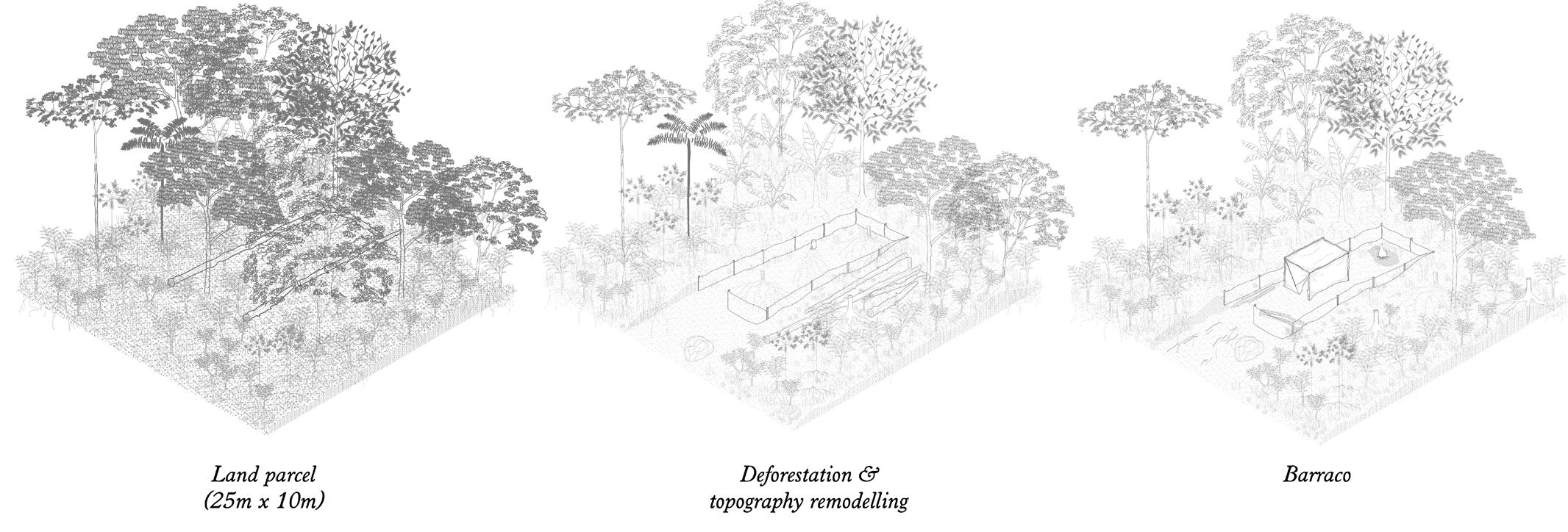Key research themes
1. How can self-building and incremental housing practices be effectively integrated with institutional housing policies to enhance affordability and user-centric customization?
This theme explores the intricate relationship between self-built and incremental housing practices and the broader institutional frameworks that govern housing provision. It emphasizes how governmental support, housing associations, and housing policies can enable or constrain self-building, especially for low- and middle-income households. The focus is on operationalizing resident-led housing strategies through commissioning roles, mass customization, and participatory processes within traditional and modern construction contexts. Understanding these linkages is crucial to leveraging self-building as a tool for affordable, socially inclusive, and adaptable housing solutions.
2. What design and technological innovations enable adaptable, sustainable, and user-responsive housing in self-built and mass-produced residential contexts?
This theme investigates how novel architectural and construction approaches—including modularity, mass customization, and adaptive typologies—facilitate responsive housing aligned with changing occupant needs and environmental imperatives. It encompasses innovations in flexible layouts, integration of technological systems, circular and biobased materials, and efficient off-site construction. The research underscores the role of design flexibility in enhancing affordability, sustainability, and quality of life, thus supporting self-building households and formal housing sectors alike in dynamic socio-economic conditions.
3. How do socio-political, historical, and community narratives influence self-built housing and informal settlement dynamics in urban peripheries?
This theme addresses the socio-ecological and political dimensions underpinning self-built housing and informal settlements, particularly in marginalized urban peripheries. It includes the historical evolution of aided self-help housing, community resistance to evictions, and the environmental impact of informal expansion. The research offers insights into how narratives of empowerment, socio-political struggle, and landscape transformation shape and are shaped by self-building practices, informing more inclusive policies and planning approaches that recognize residents’ agency and sustainment of livelihoods in precarious housing conditions.




























